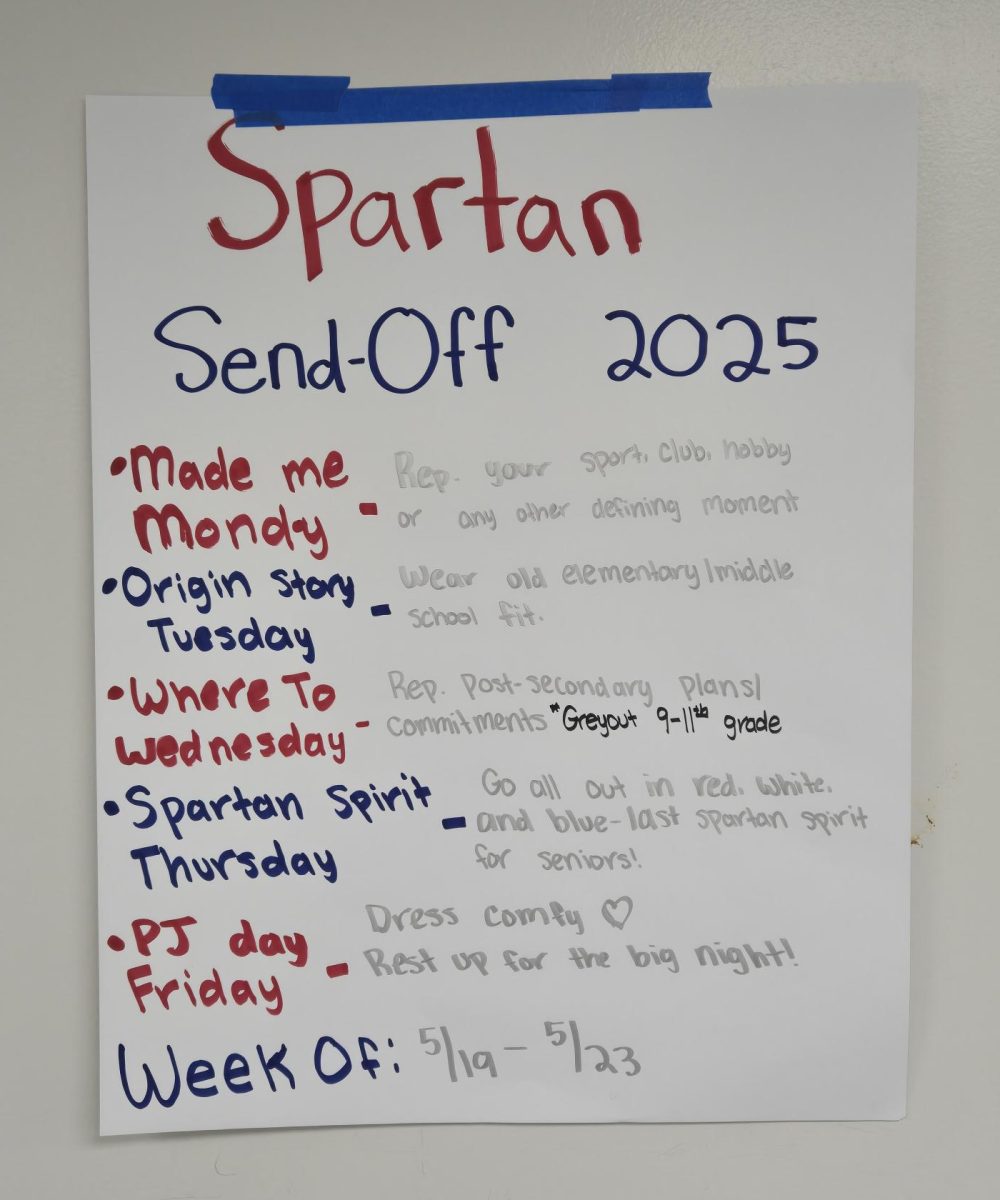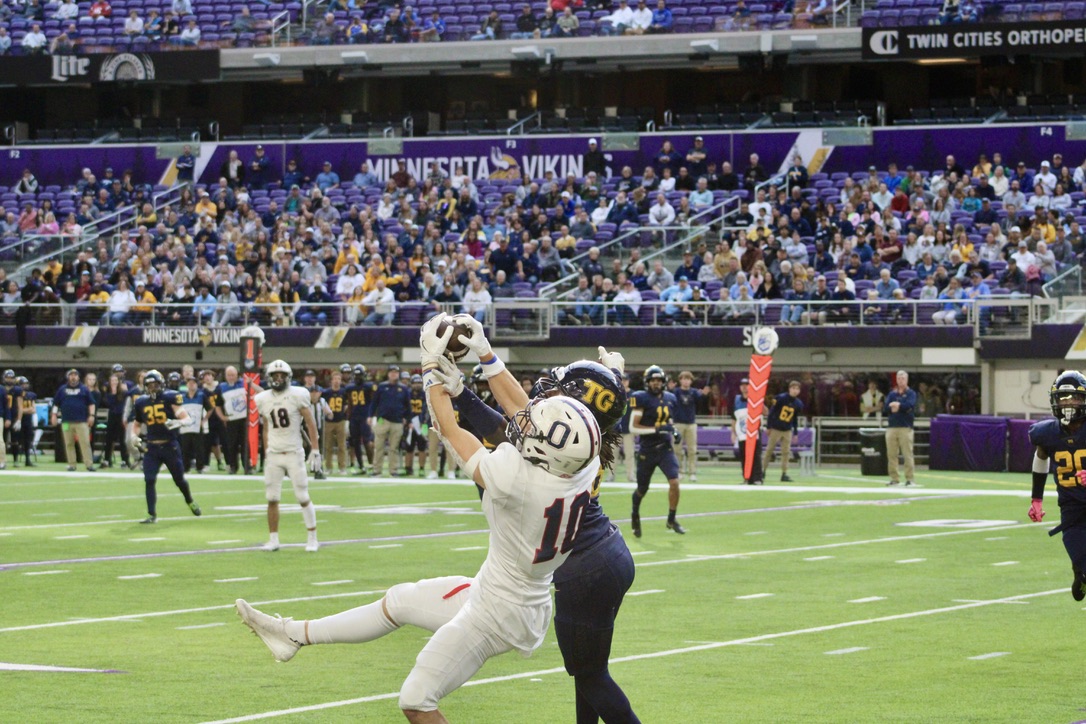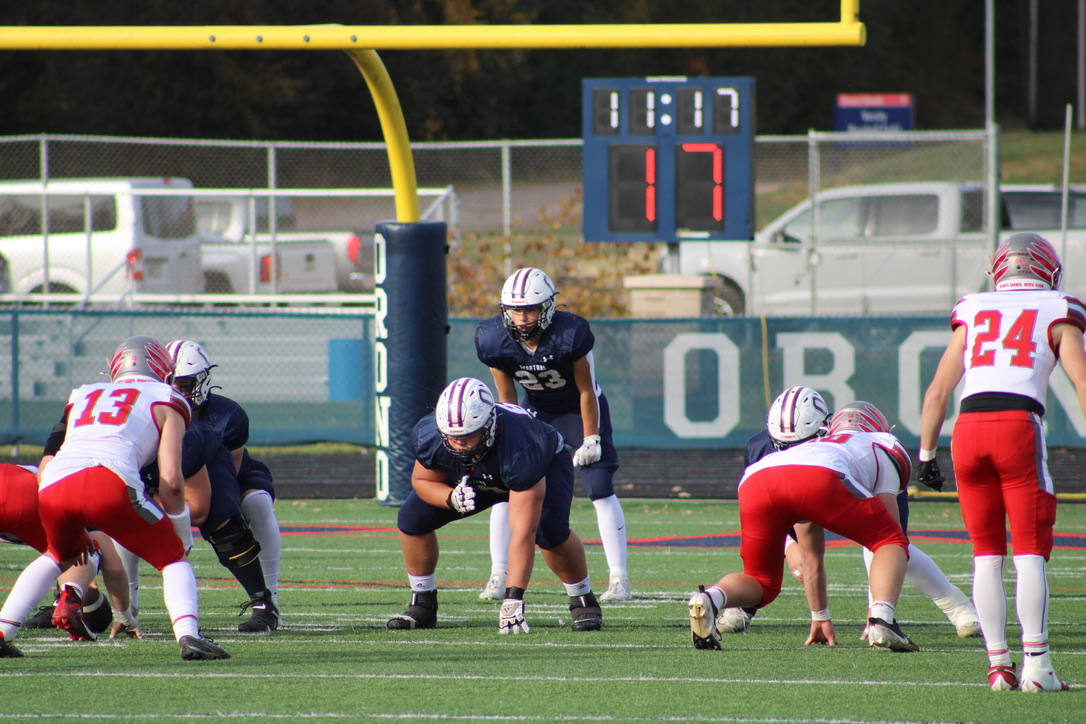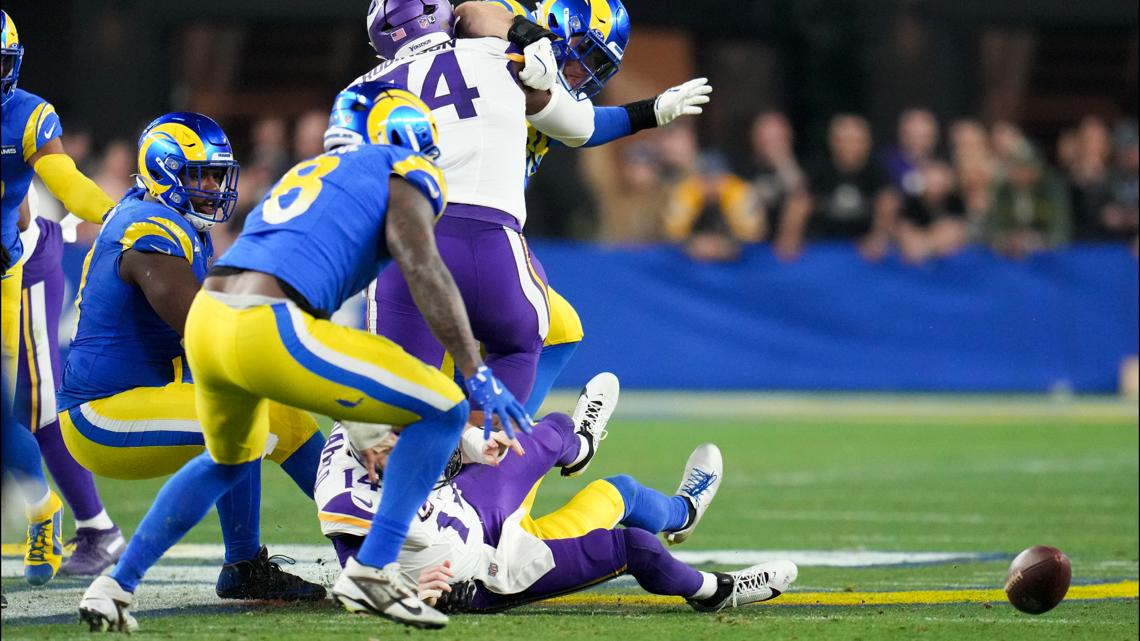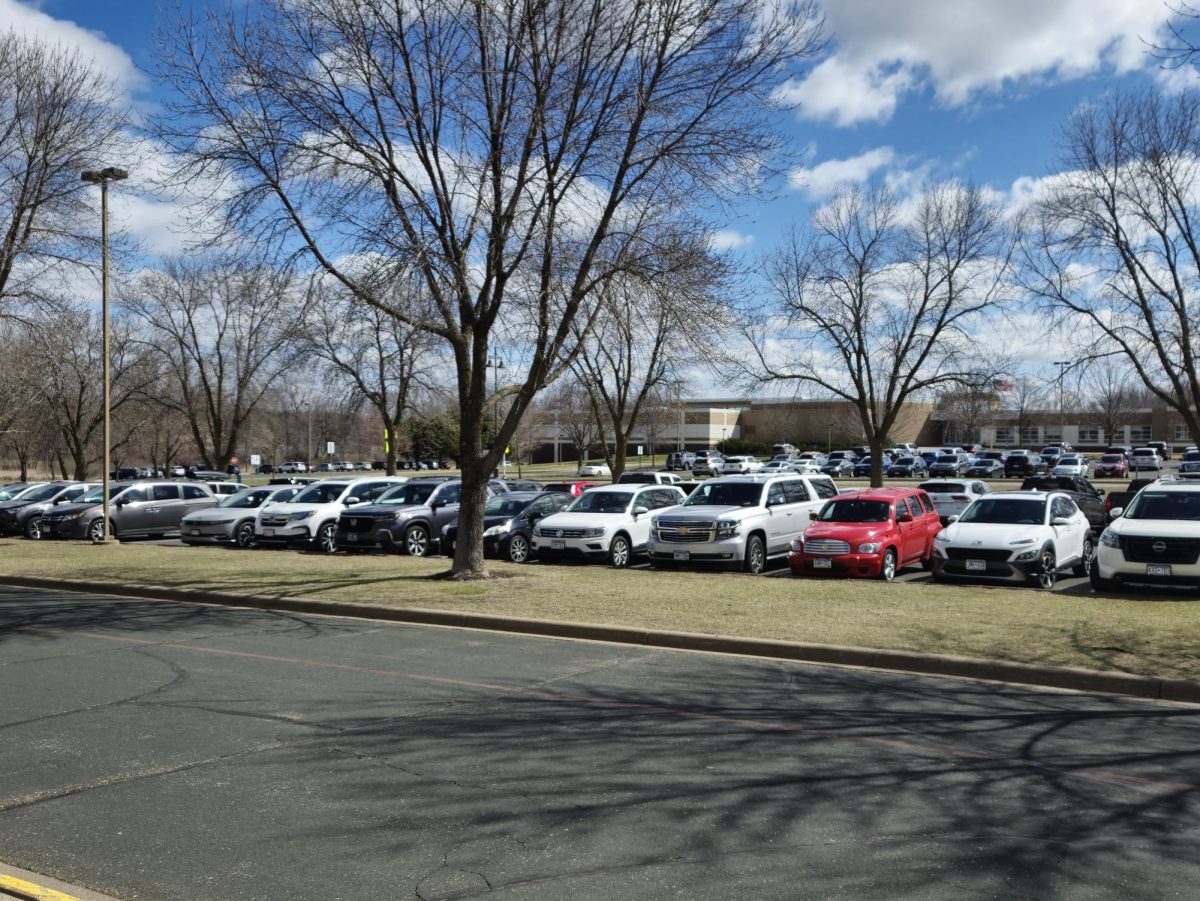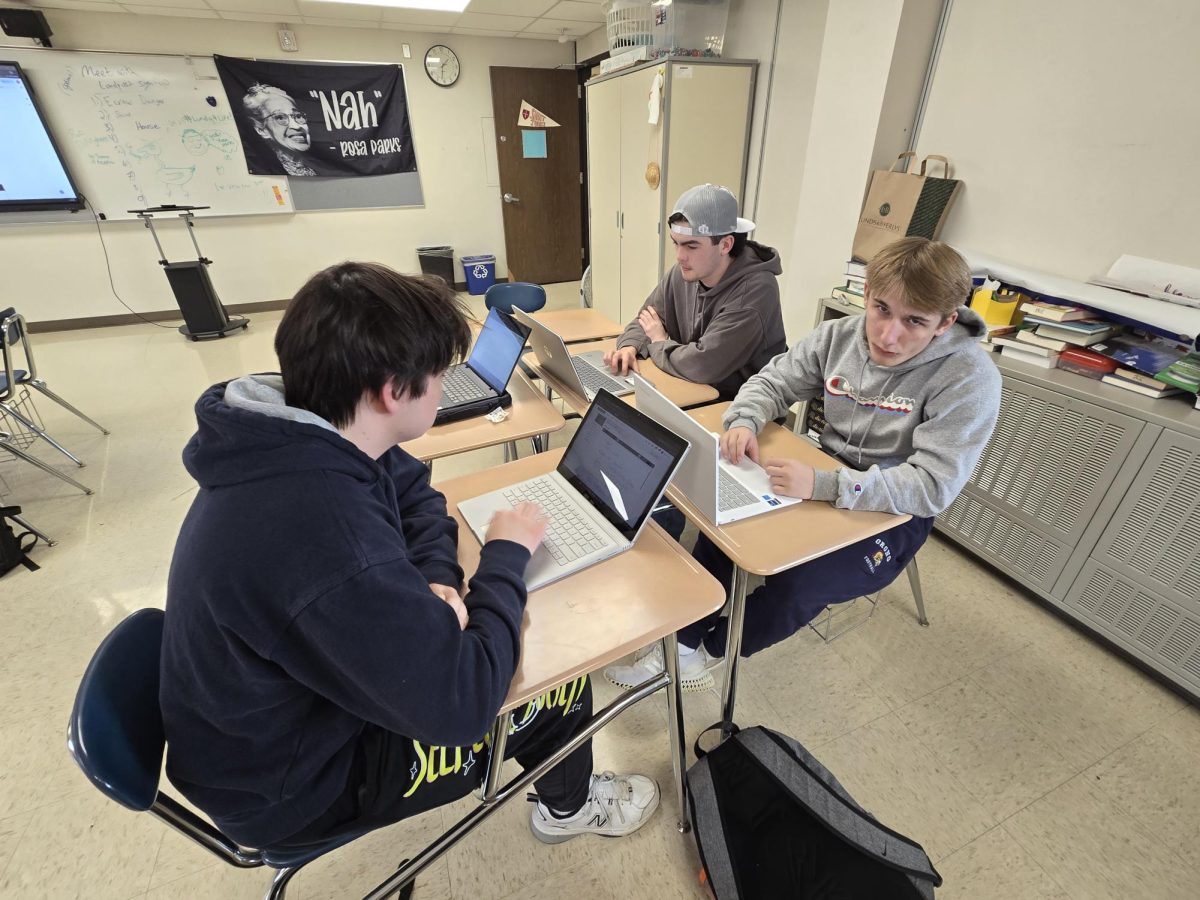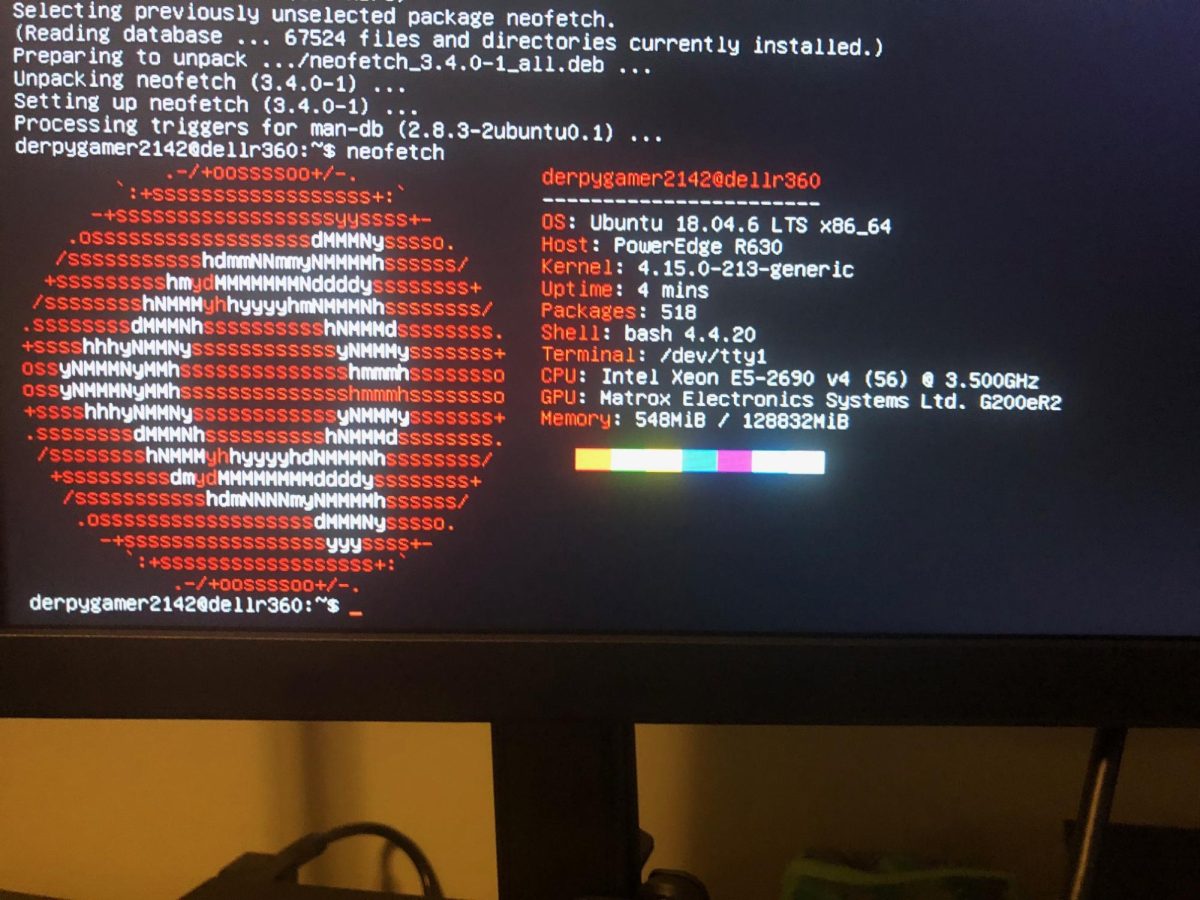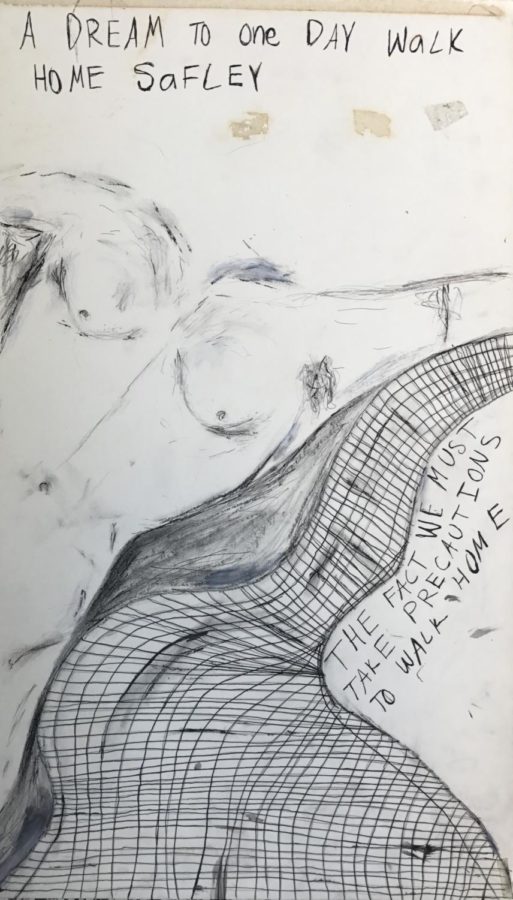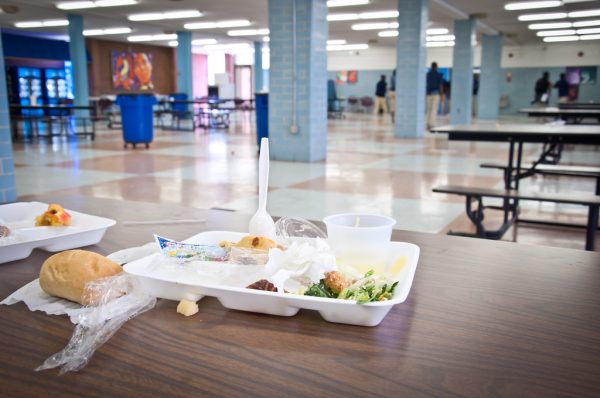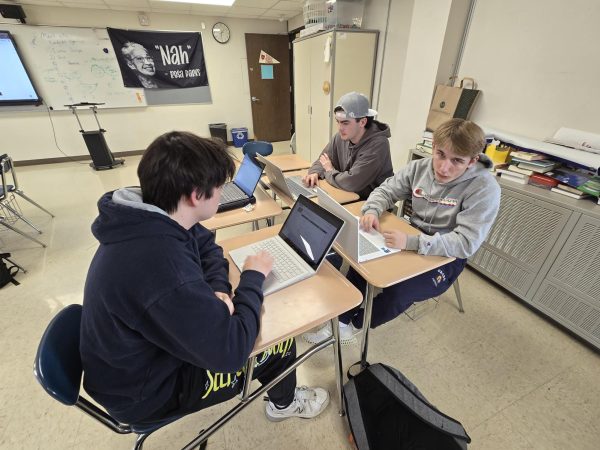The New Norm?: The time to speak up is now
Art by Nikki Praus
Applications are being sent into colleges and girls have to think about how safe the school is. Girls think about tailgating, parties, and walking around campus and stories of abuse flood their heads. Preparing for college should be a time of excitement, not “preparation” to avoid getting raped. I remember Frankie Vochko, a graduate from Orono, telling me that pepper spray was on her list, and every girl that she knows’ list, for items to buy for college.
Rape Culture is defined as, “a society or environment whose prevailing social attitudes have the effect of normalizing or trivializing sexual assault and abuse,” according to The Oxford Dictionary.
“It’s the stigmas and perspectives surrounding non-consensual sex,” senior Mollie McGrann said.
In an article titled ‘Rape Culture is real’ Time Magazine described Rape Culture as accepting rape as inevitable or normal. When you victim blame, or say things like, “this happens all the time,” you become part of the problem.
“Rape Culture to me is having people in my life tell me that you shouldn’t report sexual assaults, or even telling me that it would be my fault if I were to be raped,” senior Mara Holm said.
The fact that women in seven states can be legally forced to share the custody of their children with their rapist fathers, according to both CNN and Fox News, is shocking and demonstrative of how far we have to go.
Rape Culture is finally being seriously addressed in Hollywood. Since the industry has begun, alleged rapists have been forgiven and forgotten even when allegations of sexual misconduct have surfaced against them. Many celebrities have been accused of sexual misconduct such as Bill Cosby, Woody Allen, Casey Affleck, R Kelly, Sean Penn, Roman Polanski, Mike Tyson, Harvey Weinstein and many more. Accusations from victims came out for years, but people failed to recognize them.
With accusations finally surfacing, it is important to think about why these women’s voices were silenced for so long. People need to think about how many other women have been assaulted, with no consequences for the perpetrator, in our world.
An epidemic is defined as, “Affecting or tending to affect a disproportionately large number of individuals within a population, community, or region at the same time,” according to Merriam-Webster Dictionary. Rape is an epidemic in our society, it has become widespread and normalized, resulting in a Rape Culture. A combination of sources state that Rape Culture continues through people victim blaming, slut shaming, sexual objectifying, trivializing rape, refusing to acknowledge the harm caused by some form of sexual violence and denying widespread rape.
A big problem is that many fail to recognize that this is even an issue. The fact that people shy away from the statistics halts possible change. Every 98 seconds someone in the U.S. is sexually assaulted. This means every single day more than 570 people experience sexual violence or abuse in this country, according to the Rape, Abuse & Incest National Network Organization (RAINN) the world’s largest anti-sexual violence organization. Their primary data source is the National Crime Victimization Survey (NCVS), an annual study administered by the Justice Department.
“In four years of college, more than one-fourth of undergraduate women at a large group of leading universities said they had been sexually assaulted by force or when they were incapacitated, according to one of the largest studies of its kind,” The New York Ti mes states. “One in six women have been victim to attempted or completed rape,” and, “One in thirty-three men will experience attempted or completed rape in their lifetime,” according to RAINN.org. It’s important to consider society’s role in supporting this Rape Culture and things that can be done to change it.
If these statistics were showing the number of people experiencing a disease, would society be making changes? In reality this issue should be looked at as an epidemic affecting our society. Rape affects the victims long after the abuse and therefore affects our society. “94% of women who are raped experience symptoms of post-traumatic stress disorder (PTSD) during the two weeks following the rape,” and, “approximately 70% of rape or sexual assault victims experience moderate to severe distress, a larger percentage than for any other violent crime,” and, “33% of women who are raped contemplate suicide,” according to RAINN.
Certain groups are targeted such as young men in college, young women 16 to 19, disadvantaged women 12 and older, Native Americans, inmates, disabled peoples, transgender peoples and those in the military, according to sources such as RAINN and The New York Times. Women ages 18 to 24 who are college students are three times more likely than women in general to experience sexual violence. Women of the same age who are not enrolled in college are four times more likely. Women are the victims nine out of ten times in assaults and, “On average, American Indians ages 12 and older experience 5,900 sexual assaults per year,” and they are twice as likely to experience sexual assault than any other race, according to RAINN.
64 percent of trans people have been sexually assaulted, according to the 2011 “Injustice at Every Turn: A Report of the National Transgender Discrimination Survey.” 12 percent of transgender youth report being sexually assaulted in K–12 by peers or faculty; 13 percent of African-American transgender people surveyed were sexually assaulted in their workplace; and 22 percent of homeless transgender peoples were assaulted while staying in shelters.
Social studies teacher Jeff Aman said he believes Rape Culture is, “This acceptance, and kind of doubting of the victim. It’s saying, ‘He said/She said, and we can’t do anything about it.’ Rape culture is that reluctance to do anything about it.”
One in every five women will be raped in college according to the “The Campus Sexual Assault Study,” conducted in 2007. This study was mentioned by Obama and Vice President Biden during the release of a White House report on sexual assault in April 29, 2014 according to The Washington Post.
The majority of assaults will happen at or near the victim’s home. Many victims are performing tasks or sleeping at home, and another large percentage were traveling to school, work, etc. A common misconception is that rape happens in dangerous areas with dangerous situations, but perpetrators of rape are, “59% were acquaintances, 34% were family members, 7% were strangers to the victim.” The common misconception is that it happens somewhere dangerous but, “nearly six out of ten sexual assaults occur in the victim’s home or the home of a friend, relative, or neighbor,” according to RAINN.org.
It’s outrageous that, “In eight out of ten rape cases, the victim knows the perpetrator,” according to RAINN, but people still believe it to be cases where rape is extremely avoidable and that people were possibly “asking for it,” because they were somewhere unsafe. This language and victim blaming is a huge part of Rape Culture. This idea that people are raped because they are promiscuous or asking for it cannot be an argument, because whatever someone is doing or wearing, does not mean abuse can take place. Ever.
57 percent of perpetrators are white and 50 percent are 30 or older. Many victims do not report the crime though, 20 percent feared retaliation, 13 percent believed the police would not do anything to help, and 30 percent gave another reason, or did not cite one reason, according to RAINN.
Senior Simone McGuire said one way to change Rape Culture in our society is making sexual assault more publicized and not hiding the reality of it.
Although so many are affected, “Out of 1000 rapes, 994 perpetrators will walk free,” according to RAINN. It is incredibly important to think about how rape affects Orono, and to face the reality that it does. The statistics support the realization that many at Orono would be affected by rape. The time to make a change is now. Our community must move forward and talk about Rape Culture and Rape at our schools, and how it affects our society.
“I think that there are a lot of ignorant people. Most of my friends know someone who has been assaulted, and I do too,” Holm said, “It is very real at Orono and surrounding schools. People just like to cover up dirty things in life so they don’t have to face reality.”
“The Yale incident [A fraternity was suspended for chanting ‘no means yes, yes means anal.’]; that’s Rape Culture. That idea that it’s funny or that it’s ok to say that. Either you believe it, and that’s awful, or you don’t believe it, and you think it’s funny, and that’s the desensitization with it,” Aman said.
It’s outrageous that women have to be wary of the possibility that they could be assaulted when they leave the house, or even stay in. It’s outrageous that, “Of the 18,900 survivors, 43% of females and 10% of males reported,” because they are afraid of what will be said or how it will be handled. Rape is an incredibly serious topic and term describing an assault. It is outrageous that people desensitize rape to the point where they will allude to it in jokes or talk about rape and the effects of rape lightly. It’s outrageous that there are people who talk about how those who report rape have to be embellishing or lying, but in reality only about, “2% of all sexual assault accusations reported to police turn out to be false. This 2% is the same rate of false reporting as other types of violent crime,” accoring to endsexualviolence.org.
“Awareness. If more people are aware of the prevalence of rape in our society and how many people are struggling after they have been assaulted, more people are likely to want to do something about it,” McGrann said.
The conversation has to be changed surrounding Rape Culture. People need to speak up and talk about how normalizing rape or sexual assault contributes to the statistics.
“Speaking out about Rape Culture is a big step, because it’s hidden,” Holm said, “A lot of people think that nothing happens at places like Orono, or Minnesota. Addressing it in schools and day to day life and speaking out, saying that even you can be a victim–it may seem scary, but it’s necessary.”
If you, or someone you know, has been a victim of rape or sexual assault, please contact https://www.rainn.org/ for support, information, advice and referral. Visit this website for information on how to get help: https://www.rainn.org/national-resources-sexual-assault-survivors-and-their-loved-ones
You are not alone and The Spartan Speaks supports you.





